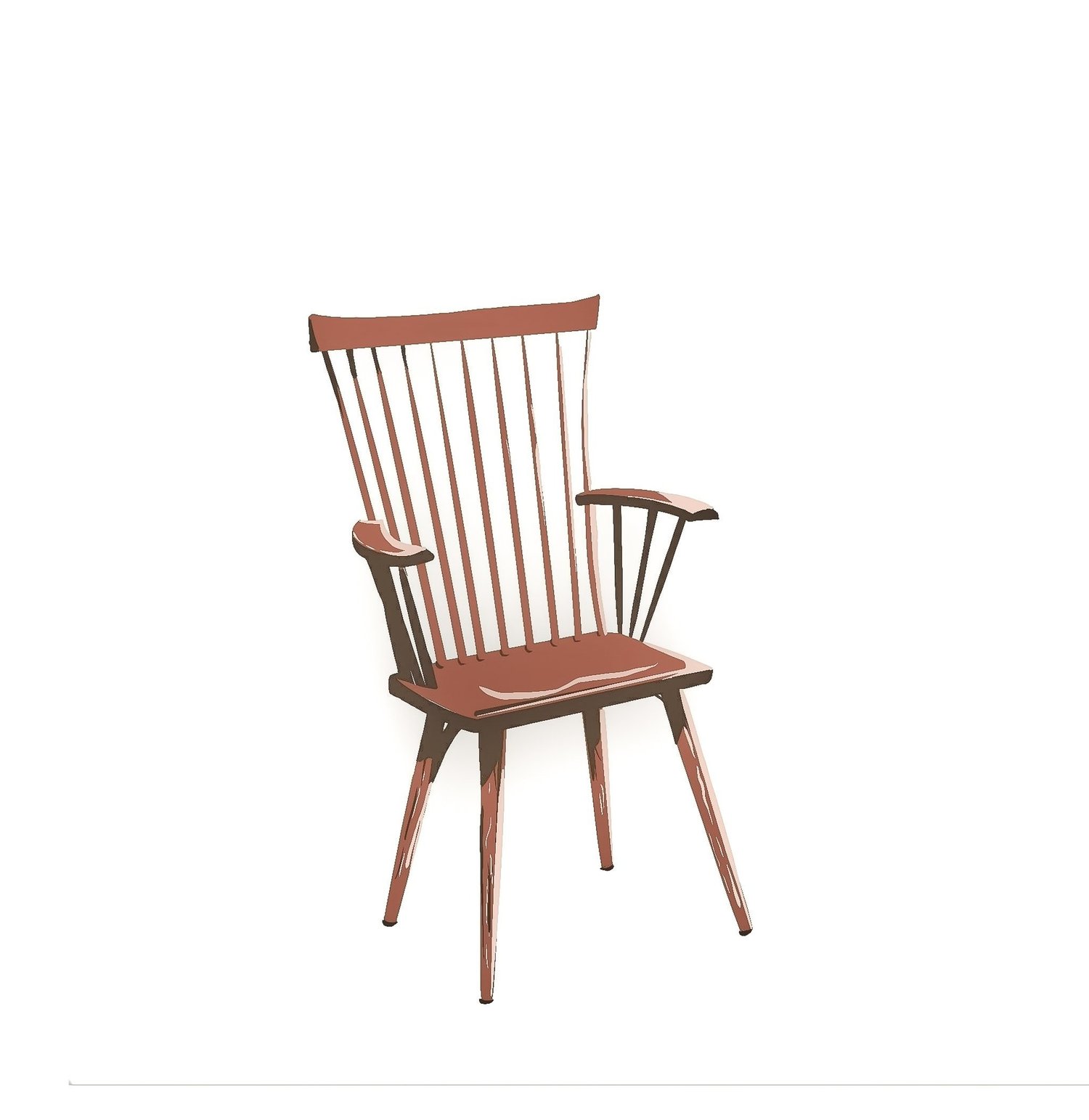Appetites
Every day, you decide when your extinction from starvation is more imminent than the chance you will end up in a sabretooth tiger’s maw. You are a prehistory cave dweller. Your frigid winter has been long. You are always hungry, and weary.
For you, survival, is hunting. Doing that, means leaving your cave. Your experience has trained you that leaving your cave is perilous. In the open, more than once, you barely escaped fearsome beasts, hungry for you.
What’s more vital to your survival than eating and not dying in the endeavor? When your hunger wins out, you hunt. When fear grips you, you stay at home in your cave.
In the span of human existence, our instincts have been hard-wired into us. Need has impelled us to act, ever since that miserable winter-prisoner cave dweller ancestor of ours traded his safety for a meal. All the while, healthy fear has been our wingman that’s saved us from choosing badly. Our primal, innate “at what cost” instinct to risk prudently goes with us everywhere. It even goes with us today, into our modern-day conflicts.
There is sound, peer-reviewed science (Jennifer Gerarda Brown and Ian Ayers, Economic Rationales for Mediation, 80 Va. L. Rev. 323 (1994)) that we are our own best judge of what risk we each can stomach and what goal is worthwhile. In mediation, you are the master of your fate, and your hard-wired life-saving instinct to risk prudently yields good results. You decide when you leave your cave. In your litigation, you alone are not your own best judge. “At what cost” is all that ever matters to you, but in courtroom conflict, that’s a question strangers answer for you.
3Chairs CAN HELP YOU
We look forward to answering your questions and helping you with your full or half-day mediation. Contact us:
3Chairs Mediation Group, Inc.
(855) 3Chairs | (855) 324-2477


